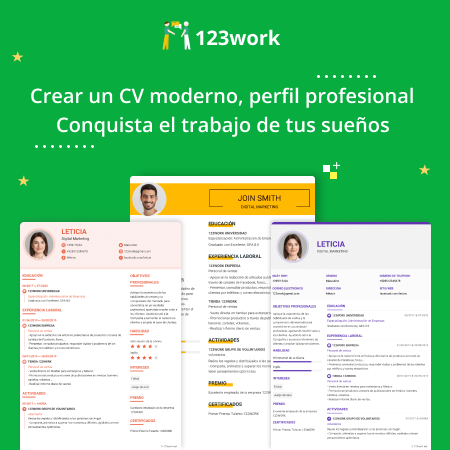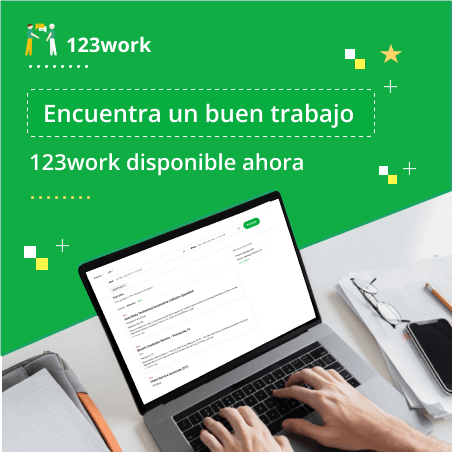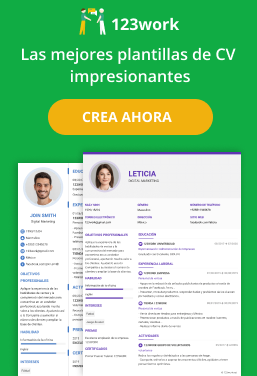EUROPEAN SPACE AGENCY
Young GraduateTrainee in Avionics Systems Engineering (ARIEL)
Young Graduate Opportunity in the Directorate of Science
ESA is an equal opportunity employer, committed to achieving diversity within the workforce and creating an inclusive working environment. We therefore welcome applications from all qualified candidates irrespective of gender, sexual orientation, ethnicity, beliefs, age, disability or other characteristics. Applications from women are encouraged.
This post is classified F1 on the Coordinated Organisations’ salary scale.
Location
ESTEC, Noordwijk, Netherlands
Our team and mission
Ariel, the atmospheric remote-sensing infrared exoplanet large-survey, is the fourth medium sized mission (M4) within ESA’s Cosmic Vision science programme and was adopted in November 2020. It is the first mission dedicated to studying the atmospheric composition and thermal structures of a statistically large and diverse sample of transiting exoplanets (≥ 500). It will achieve this through a combination of transit photometry and spectroscopy over the wavelength range 0.5 - 7.80 μm. Ariel is due for launch in 2029 on board an Ariane 6.2 and will operate from an orbit around the second Lagrangian Point (L2) of the sun-earth system for a nominal mission lifetime of 4 years (mission sized to allow an extension to 6 years).
The Ariel team in ESTEC includes scientists and engineers following the development of the scientific instruments and the platform (i.e. the part of the Spacecraft providing support on which to mount instruments and the infrastructure for the mission such as power, communications to the ground and navigation). The instruments are provided by a consortium of Research Institutes and Universities, the Ariel Mission Consortium (AMC), while the Prime Contractor for the platform is Airbus Defence and Space, based in Toulouse.
The Avionics System Engineer focuses on the electrical aspects of the Ariel platform: the Power generation, conditioning and distribution, the communication with Ground via antennas, the data collection, management and exchange within the Spacecraft, and the harness connections. In order to ensure compatibility with the rest of the Spacecraft, frequent interactions are required with all the members of the platform and payload teams.
You are encouraged to visit the ESA website: http://www.esa.int
Field(s) of activity/research for the traineeship
You will be supporting the Ariel Avionics System Engineer in the following areas relevant to the Power, Communications and Data Handling subsystems:
- Support to the procurement of the subsystems’ components throughout their lifetime, with participation in relevant ITTs and reviews
- Support to all Mission & Spacecraft System level reviews
- Support to the definition of the interfaces of the spacecraft under the relevant disciplines, including electromagnetic compatibility
- Ensure, in cooperation with the ARIEL Project team, the compliance of the spacecraft avionics and power subsystems and its constituents with the technical, performance requirements and the overall mission requirements
- Monitor the schedule and risks of the relevant procurements as well as the maintenance of the up-to-date technical budgets relative to the relevant subsystems;
- Participate in the definition and implementation of the Assembly, Integration and Verification programme for the verification of the avionic subsystems.
Learning objectives:
- Gain a basic knowledge of the Power, Communications and Data Management subsystems: the elements they are composed of, the way all the elements work together to create a subsystem, the way the subsystems interact and interface with the rest of the Spacecraft
- Learn how the electrical interfaces are managed within a Spacecraft, which tools and documents are used to exchange information and to ensure electrical compatibility between different equipments and subsystems
- Learn how to create and maintain the relevant system budgets, and how to review the ones provided by the subcontractors
- Gain relevant experience in the follow-up of subcontractor’s activities, from a technical point of view (e.g. ensure compliance to the high level technical specifications) but also considering the programmatic aspects (schedule, cost impact of the technical decisions, risk management)
- Learn the basics of the verification approach for the relevant subsystems, including flow down of requirements, verification methods, test approach, and compilation of a verification control document.
Technical competencies
Behavioural competencies
Result Orientation
Operational Efficiency
Fostering Cooperation
Relationship Management
Continuous Improvement
Forward Thinking
Education
You should have just completed, or be in the final year of your Master’ s degree in a relevant engineering degree.
Additional requirements
You should have good interpersonal and communication skills and should be able to work in a multicultural environment, both independently and as part of a team.
The working languages of the Agency are English and French. A good knowledge of one of these is required. Knowledge of another Member State language would be an asset.
During the interview motivation and overall professional perspective/career goals will also be explored.
Other information
For behavioural competencies expected from ESA staff in general, please refer to the ESA Competency Framework.
For further information on the Young Graduate Programme please visit: Young Graduate Programme andFAQ Young Graduate Programme
At the Agency we value diversity and we welcome people with disabilities. Whenever possible, we seek to accommodate individuals with disabilities by providing the necessary support at the workplace. The Human Resources Department can also provide assistance during the recruitment process. If you would like to discuss this further please contact us email contact.human.resources@esa.int.
--------------------------------------------------------------------------------------------------------------------------------------------------
Please note that applications are only considered from nationals of one of the following States: Austria, Belgium, the Czech Republic, Denmark, Estonia, Finland, France, Germany, Greece, Hungary, Ireland, Italy, Luxembourg, the Netherlands, Norway, Poland, Portugal, Romania, Spain, Sweden, Switzerland, and the United Kingdom. Nationals from Latvia, Lithuania, Slovakia and Slovenia, as Associate Member States, or Canada as a Cooperating State, can apply as well as those from Bulgaria, Croatia and Cyprus as European Cooperating States (ECS).
According to the ESA Convention, the recruitment of staff must take into account an adequate distribution of posts among nationals of the ESA Member States*. When short-listing for an interview, priority will first be given to candidates from under-represented Member States*.
In accordance with the European Space Agency’s security procedures and as part of the selection process, successful candidates will be required to undergo basic screening before appointment conducted by an external background screening service.
*Member States, Associate Members or Cooperating States.


